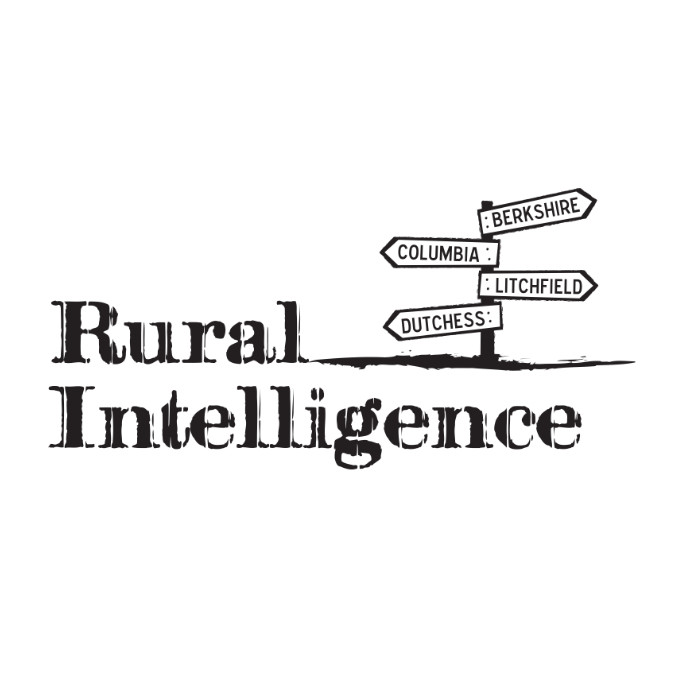Nonprofit and institutional leaders are preparing for cuts from the Trump administration to formerly reliable funding streams.
On January 27, the Trump administration issued a memorandum that temporarily froze all federal grant spending, signaling its intent to significantly reduce aid programs moving forward. The action cast a shadow over Hudson Valley and Berkshire cultural institutions and nonprofits, many of which rely on national grants.
A high-ranking regional education official, speaking with RI on condition of anonymity, expressed concern. “This wasn’t just an oversight or an ill-formed policy,” they say. “The initial freeze was a stress test—to see where the opposition would come from and how the legal arguments would be structured. Now that they’ve seen the reaction, they can come back and target institutions more surgically.”
The official emphasized they are worried not just for the education system but for the fundamental structure of regional life. “The economy of this entire region depends on federally supported institutions. If this funding is permanently cut, it’s not just programs that disappear—it’s jobs, it’s economic stability, it’s the future of these communities.”
Liana Toscanini, executive director of the Nonprofit Center of the Berkshires, acknowledged that organizations are going to have to adapt and highlighted the importance of not relying on just one funding stream during uncertainty. “While this doesn’t work for everyone, revenue diversification is very helpful in times like this,” she says. “I’ve lived through multiple economic downturns, the crash of 2008, COVID, and who knows what going forward.”
She stressed that organizations fortunate enough to receive strong community support through donations should prioritize maintaining communication with those funders. However, Toscanini reports that her organization has recently heard from historically reliable local donors who are concerned about the increasing number of large financial requests for nonprofit capital campaigns.
Toscanini added that the Nonprofit Center will continue to support the sector through networking, workshops, and other programs. “We are currently sharing information about webinars targeting advocacy, and understanding the new Executive Orders,” she says. “Our state association, the MA Nonprofit Network, is on top of all the policy issues, and the National Council of Nonprofits is another great source of information. It’s also important to uplift folks during trying times.”
Unfunded and Unhealthy
Pete Lopez, Scenic Hudson director for policy, advocacy and science, says federal funding impacts both environmental and public health. “A reduction or freezing of funding would impact environmental and public health in the same breath,” says Lopez, who served as a Republican member of the New York State Assembly for over a decade before transitioning to nonpartisan work with Scenic Hudson three years ago.
Lopez also cautioned that environmental cleanup efforts, such as PCB removal from the Hudson River, could be significantly delayed if federal agencies face staff and resource reductions. “If enforcement resources are curtailed, it’s more challenging to secure compliance and drive consent orders. That would have a material impact on the environment,” he says.
While Lopez acknowledged potential challenges ahead, pulling from his extensive experience in Albany, he pointed to broader political dynamics that might mitigate the impact of cuts. He explained that funding decisions are often moderated by bureaucratic inertia and public backlash. “With the executive branch— there’s power, but the challenge is, what does that look like once it’s immersed into a broader system that inherently has a number of checks and balances?” He added that while federal cuts may be directed at the national level, local and state politicians often bear the brunt of public frustration when popular and essential programs face financial shortfalls.
“This is where things get complicated,” Lopez continues. “If you’re a member of Congress in a district where your margins are thin, and you see a wave of public concern coming at you, you may be more attentive to determining where you go with that information and how it bears on your decision-making.”
In the Berkshires, a long-envisioned project, the Adventure to Ashuwillticook Trail (A2A) trail, received $17 million in federal funding on January 10, just days before the initial funding freeze. Laura Brennan, assistant director of the Berkshire Regional Planning Commission (BRPC), remains hopeful the project won’t be defunded. “This is an example of regional thinking and how it can really be worth it,” says Brennan.
BRPC is slated to coordinate and manage the funding received from a U.S. Department of Transportation program, which the Trump administration recently rebranded from the Rebuilding American Infrastructure with Sustainability and Equity (RAISE) program to the Better Utilizing Investments to Leverage Development (BUILD) program. This change offers a glimmer of hope to Brennan.
“That name change is, to me, a positive sign the program will continue,” she says, figuring why bother renaming something if you’re just going to eliminate it. “This particular funding has been around for a long time, and we have no indication that this grant will go away.”

A Future Without Federal Support
With the future uncertain, institutions are scrambling to prepare. Nonprofits are seeking private donors; schools are considering tuition hikes or program cuts; community leaders are urging grassroots efforts to fill the gaps left by federal cuts.
Lopez underscores the importance of continued advocacy and engagement with decision-makers. “We’re staying close to our colleagues, keeping an ear to the ground, and making sure we’re in communication with key stakeholders. We can’t control the broader shifts in policy, but we can continue advocating for technical assistance, funding, and enforcement resources.”
In the meantime, public institutions are left waiting, uncertain whether the funds they’ve relied on will still be there tomorrow. While the initial freeze may have been lifted, it has already sent a message: In the Hudson Valley and Berkshires federal support can no longer be taken for granted.

